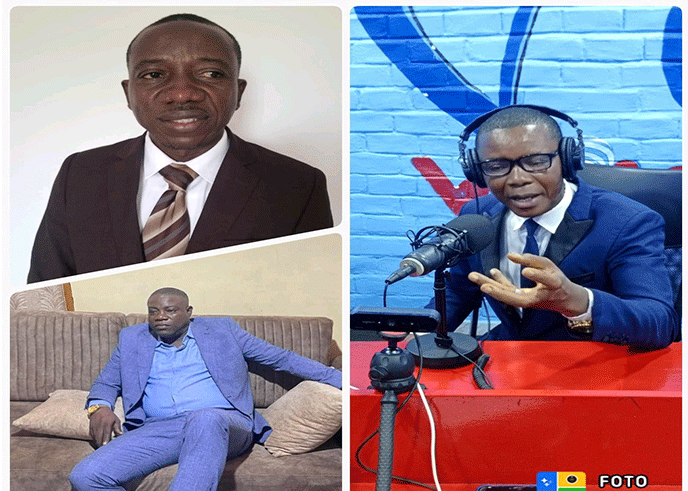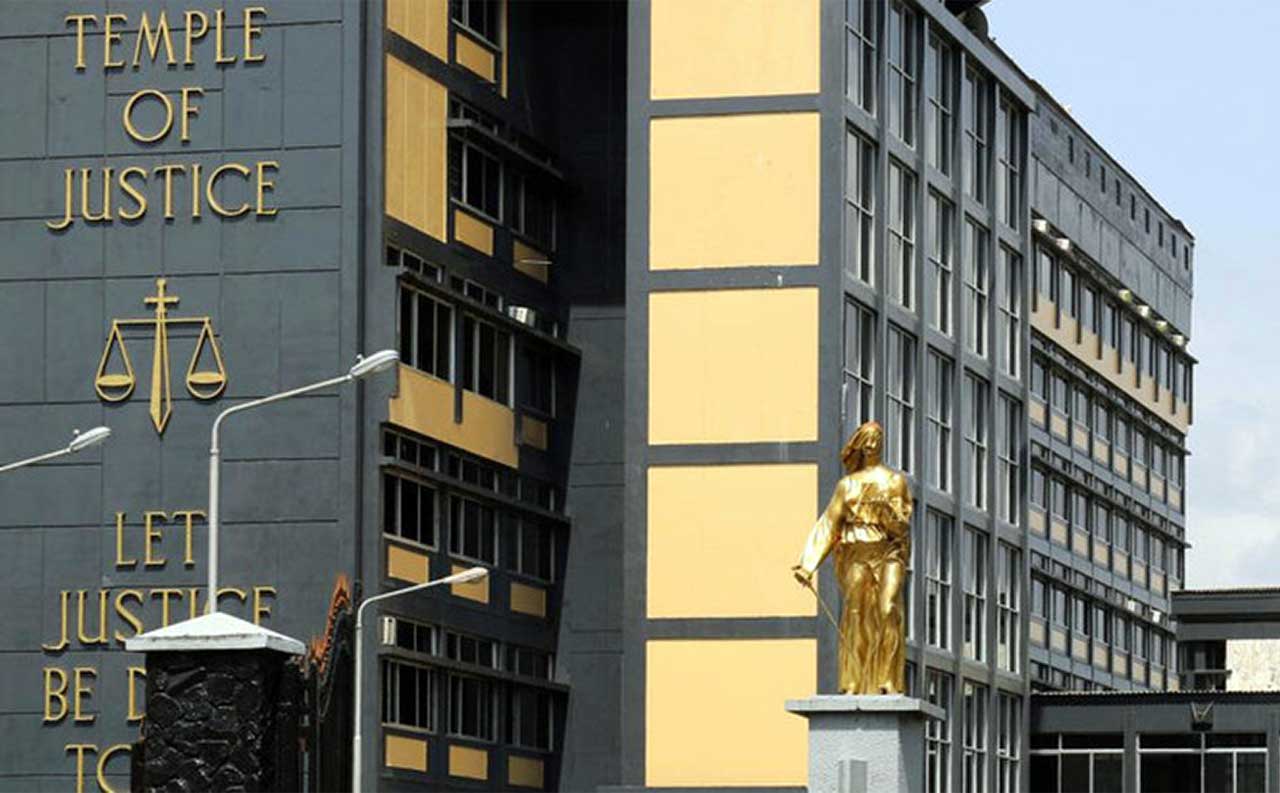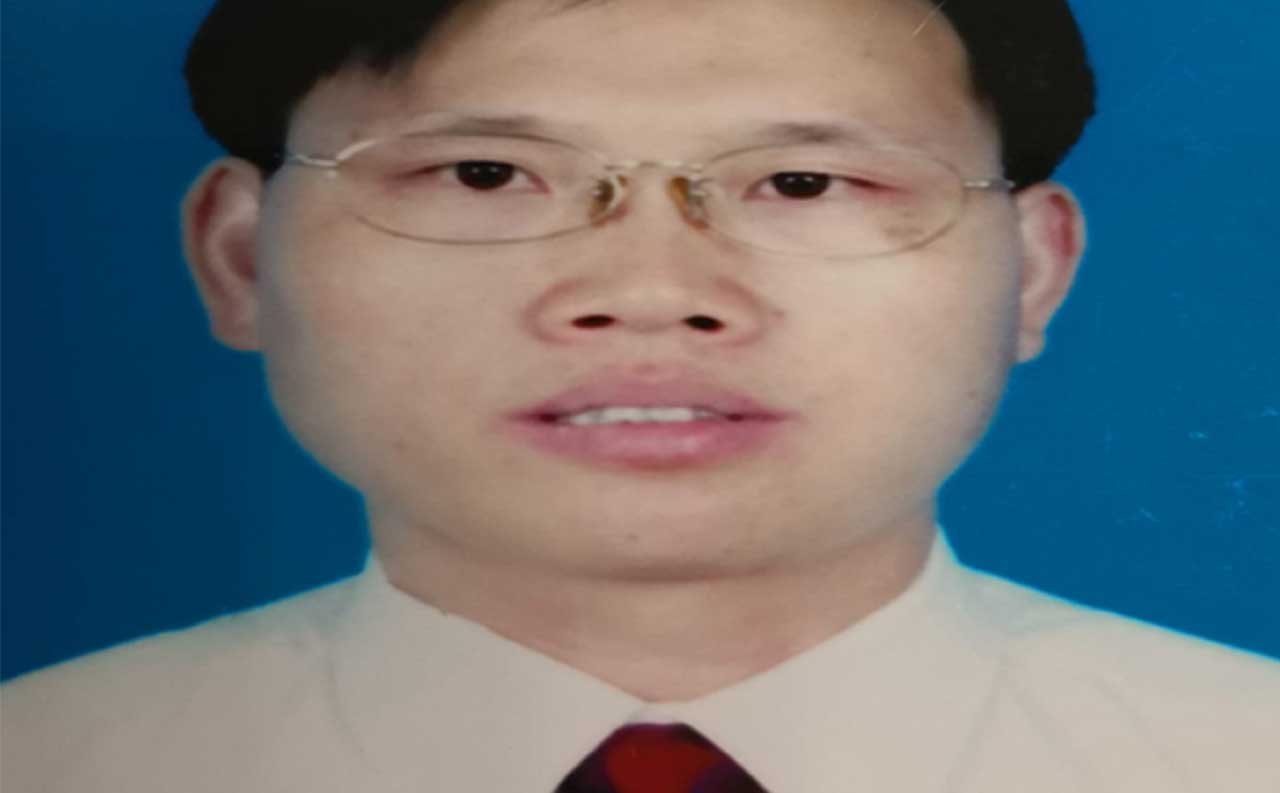An Independent investigative and thorough analysis conducted on the recent suspension of three attorneys by the Supreme Court revealed that the three lawyers disqualified by the Supreme Court for admission to the Supreme Court Bar for which their applications were deferred to October 2027 were not dishonest and did not present fake documents in order to qualify for admission.
On Friday June 14, 2024 during the admission of some 31 qualified attorneys, the Supreme Court in an opinion deferred three lawyers application for admission to that honorable body as Counselors At Law not until October 15, 2027.
In an opinion delivered by Justice Jamessetta Howard Wolokolie, the Supreme Court deferred the attorneys’ admission citing that the attorneys were dishonest and applied before the five years as required by the statute.
The court in its ruling, also fined the counselors US$500.00 each for signing the attorneys’ petitions and their affidavits for their failure to do due diligent on the lawyers’ petitions.
But contrary to the court’s ruling, an independent investigation paper reveals that the three lawyers submitted their documents before the Supreme Court consistent with the first paragraph of the court’s ruling under section 17.6 of the New Judicial Law and that the attorneys were cleared by the Supreme Court before the court submitted their names to the examiners committee for evaluation and subsequent admission.
Some of the attorneys that were admitted informed this paper that before an attorney was qualified, the examination committee subjected all applicants to obtain a clearance from the Grievance and Ethics Committee, the local and National Bar Associations indicating that they were free from all ethical problems, and were in good standing with their various bars before writing the exam.
For instance, clearance obtained from the National Bar Association reads “This letter is to confirm that Attorney … is an outstanding member of the Liberia National Bar Association (LNBA), who is in good standing and has obtained his license for 2024” while the Ethics Committee clearance reads “after a careful perusal of our records and case dockets, I am pleased to verify that Attorney … has not had any complaint/investigation involving him and before the Grievance and Ethics Committee of the Supreme Court and there is also no matter pending against him. The Committee hereby finds the Attorney to be in good standing” while the local Bars Good Standing Certificate reads “This is to Certify that Attorney … is a member of our county bar in Good Standing for the year 2024”.
These clearances were reviewed consistent with the second paragraph of the court ruling which states that “in consonance with section 17.6 the court having reviewed the Petitioners petitions submitted, praying for the admission of the attorneys to the Supreme Court Bar, and the court being satisfied that the petitioners had met the requirements set, had the names of the approved petitioners forwarded to the two committees: The Ethics Committee and the National Board of Examiners Committee”.
The fact that the Supreme Court cleared the attorneys, they should not have been subjected to any other scrutiny because the Supreme Court is the highest court in the land as its decision is final.
Further, the Attorneys were subjected to answer thirteen page ethical questions before sitting the exam while they were also charged US$1, 200.00 each for examination fee before writing the bar exam.
How can the Attorneys be dishonest for applying for the Bar Exam when an application is just a simple question to ascertain whether one is qualify or not for a post and in this case to be a counselor at the bar? What does the law requires for admission of Attorneys At Law to the Honorable Supreme Court Bar and what are the requirements?
The first paragraph of the Court’s Ruling set it out all. Paragraph one stipulates under Title 17 Section 17 .6” of the New Judiciary Law of Liberia that “Any attorney who has been actively engaged in the practice of law [for] five years may submit a petition to the Supreme Court showing his moral and professional qualifications for membership in the Bar of the Supreme Court and praying for admission as counsellor of that Court”.
The law only requires that an attorney who has been actively engage in the practice of law [for] five years not after five years. Some senior lawyers contacted during our independent investigation said [for] five years means an attorney can apply in their five years and not necessarily after five years with a show of proof.
In this case, the only show of proof for an active practice of law for five years are the attorney five licenses. Again, speaking under condition of anonymity to this paper, some of the newly admitted attorneys, said primarily, the only show of proof for active practice of law are the attorneys five licenses for the five years and the certificate of that contain a date of admission.
According to the lawyers, this can be followed by certificate of their good standing from the LNBA, the local or county bar, as well as a clearance from the Grievance and Ethics Committee which were all acquired by the attorneys and the attorney petitions which must be approved by two practicing counselors.
Our investigation further reveals that under section 17.6 of the The New Judiciary Law, “If the Supreme Court accepts the petitions”, the Chief Justice shall appoint a committee of at least three counselors of the Supreme Court who, as soon as convenient, shall examine the petitioners and report in writing on their moral and professional qualifications to the Chief Justice.
The statute further provides that “the petitioner shall take and satisfactorily pass a written examination on questions which a lawyer in practice before the Supreme Court may reasonably expect to meet, which shall be prepared and conducted by the National Board of Bar Examiners”.
How can the petitioners be dishonest if they had to go through all these rigorous exercises? While we respect the Honorable Supreme Court decisions, we also respectfully disagree and differ with the Court’s ruling that the lawyers were dishonest in their disclosure.
It was also gathered that the Attorneys submitted their petitions before the Honorable Supreme five months before they were finally cleared by the Supreme Court and turned over to the Moral and Ethics Committee and the Examiners Committee for evaluation.
The Petitions submitted contain exhibits which include copies of the attorneys under graduate degrees, the law school degrees, copies of the admission certificates as Attorney – At – Law, copies of the five licenses acquired as a proof for their active practice of law for five years commencing from 2018 to 2023.
It was also discovered that the attorneys also submitted six copies of their Petitions with one to each justice for their perusal before they were cleared. The petitions spent five months with the justices before been approved.
Without analyzing the facts, many news outlets through their reporters assigned at the Temple of Justice published and broadcast information that were injurious and prejudicial to the lawyers character. For instance, the media impressed on their audiences that the lawyers were dishonest and presented fake and fraudulent documents before the Supreme Court for admission.
The court charged the attorneys for applying before time and ruled that their next application before that court be deferred for two years and that they can only apply on October 15, 2027. But logically, the attorneys are es-topped from applying for the Supreme Court test for three years given that the test will be run annually from 2024 to 2026 and can only apply in 2027. Besides, the lawyers forfeited their grades scored on the exam, forfeited their US$1, 200.00 paid for the exam. While should the lawyers and their counselors be punished for doing what was right without due process? The fact that the lawyers were not given due process and the court was misinformed on their issue is a complete miscarriage of justice.
The 1986 Constitution has profoundly spoken emphatically on the principle of due process in Article 20 (a) which stipulates that “no person shall be deprived of life, liberty, security of the person, property, [privilege] or any other right except as the outcome of a hearing judgment consistent with the provisions laid down in this Constitution and in accordance with due process of law”.
Also, Section 17.7 subsection 2 of the New Judicial Law provides that “before an attorney or counsellor at law is suspended or removed, copy of the charges against him must be delivered to him personally or, in case it is established to the satisfaction of the Chief Justice that he cannot with due diligence be served personally a copy of the charges, may be served upon him by mail, publication or otherwise as the Chief Justice may direct; and in either event he must be allowed an opportunity of being heard on his defense”. These were not done in this case.
What was astonishing during this investigation was that when our reporter visited the Clerk of the Supreme Court and requested for the committees report on the attorneys, the clerk informed our reporter that the committee’s report was not available because the report was not in the possession of the clerk but could only provide the court ruling.
This disclosure that the clerk was not in the possession of the committees’ reports which contains its recommendations is more than what that meets the eyes and is worrisome. Why will the clerk not be in possession of the committee’s report?
According to some members of the Moral and Ethics Committee who spoke under condition of anonymity, the attorneys were invited at the end of the exam for an interview that did not last beyond three to four minutes. The attorneys according to our source were asked only one question “whether or not they applied before time?”
When the attorneys replied no, they were given copybooks to write their understanding of the law that lasted not more than five minutes and the interview ended. According to this source, there were some disagreement amongst the committee’s members over the excessive punishment of the lawyers.
Also, the investigation further established that the standard employed by the committee to investigate and disqualify the attorneys felt far short to the due process requirements impose by section 17.7 subsection 2 of the New Judiciary Law, Article 8, Article 11 (c) and Article 20 (i) of the 1986 Constitution of Liberia which provide in pertinent parts that “all persons are equal before the law and are therefore entitled to the equal protection of the law and the right to counsel and the rights of counsel shall be inviolable.



